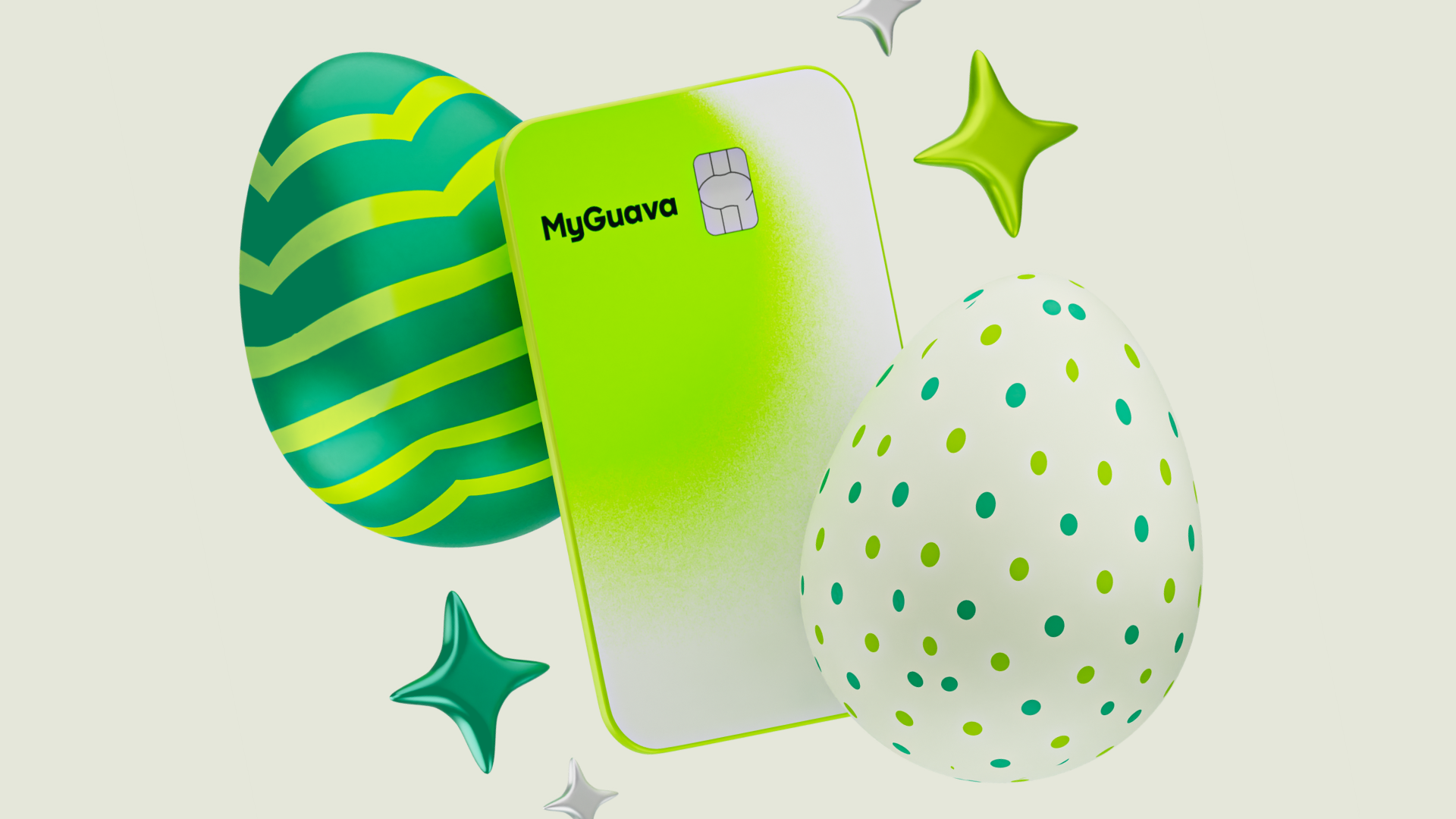As digital financial solutions, payments and eCommerce rise, so does the risk of fraud. Both customers and businesses are at risk of falling victim to deceptive practices, which is why Fraud Awareness Month is such a vital initiative. We have joined the movement to raise awareness and help make the digital payment space safer for everyone.
Let’s delve into why merchant and business-based fraud is such a significant threat, and what steps you can take to reduce your risk of falling victim to these schemes.
Why is it Important to Talk About Business-Based Fraud?
As a global trend, digital payments are booming in the UK as well. Card payments are the most popular, accounting for the majority of point-of-sale (POS) and eCommerce transactions. The proportion of UK retail sales made online has exceeded a quarter of all sales and continues to grow. The integration of contactless “tap-to-pay” technology and the increasing adoption of digital wallets has further accelerated this trend. However, as the number of online transactions rises, so does the potential for fraud.
The UK is home to 588,000 eCommerce websites, with a projected 62.1 million e-commerce users by 2025. This rapid growth is impressive, but it also opens the door for fraudulent actors to exploit weaknesses in payment systems. In 2022, 81% of all UK card fraud came from eCommerce alone, with over 2.21 million cases of card fraud and £396 million in losses. This highlights the urgent need for increased awareness and proactive measures to combat this issue.
Fraudulent merchants can target businesses with fake services or goods and unsuspecting customers may be lured into scams by deceitful sellers. The impacts are wide-ranging, from financial losses to reputational damage. Moreover, chargeback fraud, which affects 6 in every 1,000 transactions, can hit businesses hard. For each chargeback, a merchant typically loses about 2.5 times the cost of the transaction, making it a financial headache for even the most established businesses.
Common Types of Merchant and Business-Based Fraud
As digital payments and online transactions evolve, so do the tactics employed by fraudsters, becoming increasingly sophisticated, and deceptive. Understanding the various forms of merchant and business-based fraud is essential for safeguarding your assets, and maintaining trust in this dynamic landscape.
Here are some of the most prevalent types you should be aware of:
-
Chargeback Fraud: This occurs when customers file false claims, asserting they did not receive goods or services despite having received them. This not only results in the merchant refunding the transaction but also leads to the loss of the product or service.
-
Account Takeover: Fraudsters gain access to a customer’s or business's login credentials, allowing them to hijack accounts. This leads to unauthorised purchases and fraudulent transactions that can severely impact financial standing.
-
Fake Merchant Fraud: Unscrupulous individuals set up fake online stores, collect payments and disappear without delivering any goods or services. These scams can be particularly hard to spot, making it essential for consumers to remain vigilant and verify the legitimacy of online stores before making a purchase.
-
Phishing Scams: By impersonating legitimate businesses, fraudsters seek to steal sensitive information, such as payment details, which they can use for malicious transactions.
-
Merchant Fraud involves creating fraudulent online stores to collect payments for non-existent products or services. Therefore, it is imperative for customers to verify the legitimacy of merchants before making purchases.
-
Transaction Laundering: This refers to processing illegal transactions through legitimate merchant accounts, allowing fraudsters to disguise the origin of their funds and evade detection.
By familiarising yourself with these tactics, you can better equip yourself to identify potential threats and take proactive measures against them.
Tips on How to Stay Safe When Paying Online
As a customer, staying alert when making any kind of transaction is crucial. Here are some simple tips to help you steer clear of merchant fraud:
Use Secure Payment Methods
Always choose secure options like credit cards or trusted payment gateways when making payments. Look for a recognised card issuer logo, such as Visa or Mastercard, as these brands follow strict security protocols. Additionally, check if the payment option provides buyer protection policies, as many credit cards offer dispute resolution if any issues arise. Ensure the website uses a reputable payment processor known for strong security measures.
Be Wary of Communication
Be cautious of fraud attempts via social media, phone calls, SMS, or emails. If you receive a message claiming to be from a business, verify their official contact details on their website before responding. Look out for red flags like urgent messages, poor grammar, or requests for personal information, as legitimate businesses won’t ask for sensitive data through insecure channels. Avoid clicking links in unsolicited messages and instead, go directly to the company’s website by typing the URL into your browser to check for any notifications.
Research the Merchant
Before you hit that 'buy' button, take a moment to check out the seller's reputation. Look for customer reviews, testimonials, or verified seller badges on their website. A quick search can reveal whether others have had positive or negative experiences with the merchant.
Beware of Unsolicited Offers
If an offer seems too good to be true, it probably is! Be cautious of unsolicited deals that land in your email inbox or pop up on social media. Scammers often use enticing discounts to lure you in, so take a step back and think before you click.
Verify Website Security
Always check if the website is secure before entering any payment information. Look for "HTTPS" at the beginning of the web address (the 'S' stands for secure) and a padlock symbol in the address bar. These indicators mean your data is encrypted and less likely to be intercepted by fraudsters.
Monitor Your Statements
Make it a habit to regularly review your bank or credit card statements. Look out for any unfamiliar transactions and if you spot something suspicious, report it immediately. Catching these issues early can save you a lot of hassle down the line.
Protecting Your Business and Clients: Simple Steps to Combat Merchant Fraud
To safeguard your business from merchant fraud, consider implementing the following practical measures:
-
Invest in Fraud Detection Tools: Use built-in fraud detection systems from payment processors to flag suspicious transactions. Set up alerts for unusual spending patterns to catch potential fraud early.
-
Verify Merchant Identities: Before partnering with third-party vendors, verify their credentials. Ask for business registration documents and check reviews or references to ensure they are legitimate.
-
Monitor for Chargebacks: Keep an eye on your chargeback rates. If you notice a sudden increase, investigate the claims. Reach out to customers to resolve issues directly whenever possible.
-
Use Strong Authentication Methods: Implement two-factor authentication (2FA) to add an extra layer of security for account access. Encourage customers to use biometric options like fingerprints or facial recognition for transactions.
-
Choose the Right Payment Gateway: Select a payment gateway and business account that are secure and transparent. Ensure they provide clear fee structures and strong security measures to protect your transactions.
-
Keep Customer Data Secure: Encrypt sensitive customer information, like payment details, during transmission and storage. Comply with data protection regulations to maintain trust and avoid penalties.
How Does MyGuava Combat Fraud?
At MyGuava, security is at the core of everything we do. Our approach combines compliance, cutting-edge technology and proactive fraud prevention to create a secure environment for all our users. We adhere to strict regulatory requirements, including PCI DSS (Payment Card Industry Data Security Standard) compliance, to protect your payment information.
Our key security measures include:
-
End-to-End Encryption: All transactions are encrypted, ensuring your payment information is secure from the moment you initiate it.
-
Fraud Monitoring Systems: We employ real-time fraud monitoring to detect suspicious activity and prevent fraudulent transactions before they occur.
-
User Authentication: We enforce strong authentication measures like two-factor authentication (2FA) to add an extra layer of security.
We know that financial matters are always urgent, which is why our customer support team is available 24/7 to assist you.
Conclusion
Merchant and business-based fraud are significant threats in today’s digital world. By staying informed and adopting best practices, both consumers and businesses can protect themselves from falling prey to these scams.
At MyGuava, we are dedicated to providing secure and compliant financial solutions to ensure your peace of mind. Let’s work together to make the digital world safer for everyone!





